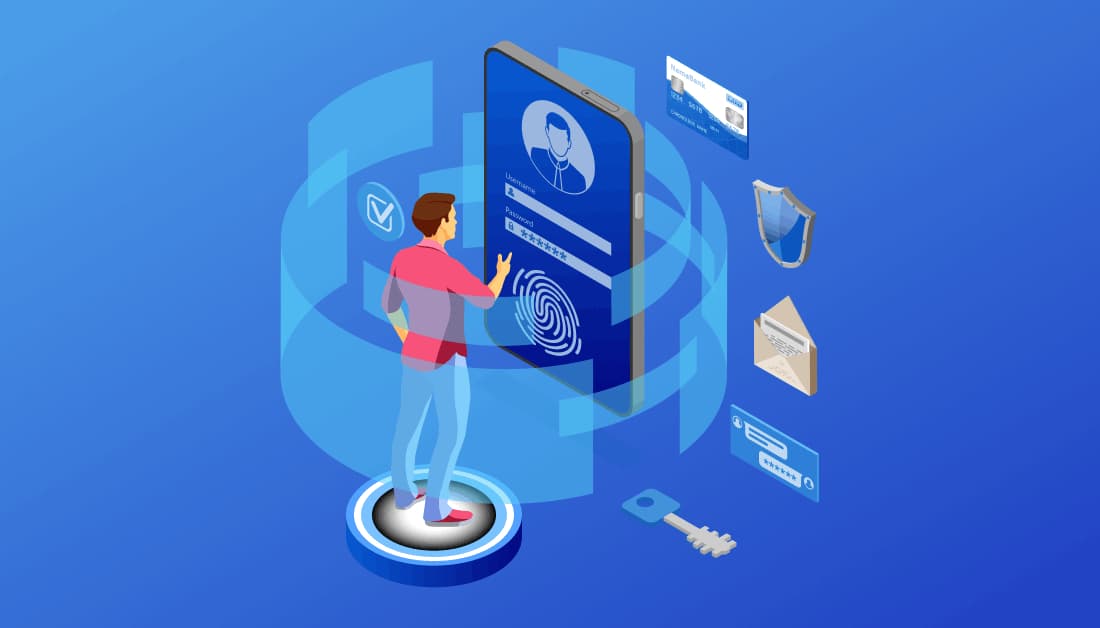
As our online presence expands, there is an increasing demand for a secure and user-driven identity verification process. In the digital realm, "Digital Identity" encompasses the vast array of user information gathered online, including search history, social media interactions, and personal details. Despite existing security measures, online platforms are susceptible to hacking, which can result in the exposure of sensitive data and the risk of identity theft.
On the contrary, blockchain-based digital identity operates both publicly and privately. Blockchains serve as decentralized ledgers, facilitating secure peer-to-peer transactions while upholding a shared truth. Blockchain addresses remain unlinked to off-chain identities unless explicitly authorized, ensuring anonymity. Integrating blockchain technology into digital identity systems enhances user privacy, allowing for selective information sharing and safeguarding against potential cyberattacks.
In this article, we are deep-diving into how the blockchain has benefited in securing one's digital identity and what use cases are in the space.
Understanding Digital Identity
Centralized databases are frequently targeted by hackers, resulting in extensive data breaches. This lack of security leads to unauthorized data sales, surveillance, and misuse, leaving users with little control over their data accessibility. Additionally, centralized identity management systems come with burdensome tasks such as multiple logins, repetitive identity checks, and bureaucratic processes to rectify errors.
In contrast, blockchain-based identity management systems tackle these pressing issues. Firstly, regarding Data Insecurity, blockchain technology provides a secure alternative by decentralizing data storage, significantly reducing the appeal to hackers. Secondly, addressing the challenge of Fraudulent Identities, the current digital identity landscape suffers from a lack of standardization, resulting in fragmented user experiences. Weak connections between digital and offline identities make it easy to create fake identities, contributing to fraud and misinformation. Blockchain's decentralized identifiers and self-sovereign identity concepts offer robust solutions. These innovations enhance identity verification, substantially reducing the risk of fake identities and misinformation, and establishing a secure and standardized framework for digital identities.
Image Source: Aratek Website
However, blockchain identity systems face challenges. Scalability is a top concern, requiring the accommodation of vast user numbers without compromising speed or security. The emergence of diverse blockchain identity solutions underscores the importance of standardized protocols and compatibility. Additionally, strategic outreach and education are essential for public perception and acceptance. Considerations such as scalability, energy consumption, public receptivity, and integration with pre-existing systems demand careful attention.
What's Next?
In summary, blockchain technology revolutionizes digital identity management by decentralizing verification processes and empowering users with control. This advancement paves the way for heightened security and transparency. However, its effectiveness relies on overcoming current challenges and seamlessly integrating into our daily routines. The merging of blockchain and digital identity is transforming our online presence. As technology continues to influence our lives, blockchain is leading in this transformative shift, offering a promising and brighter digital future.



